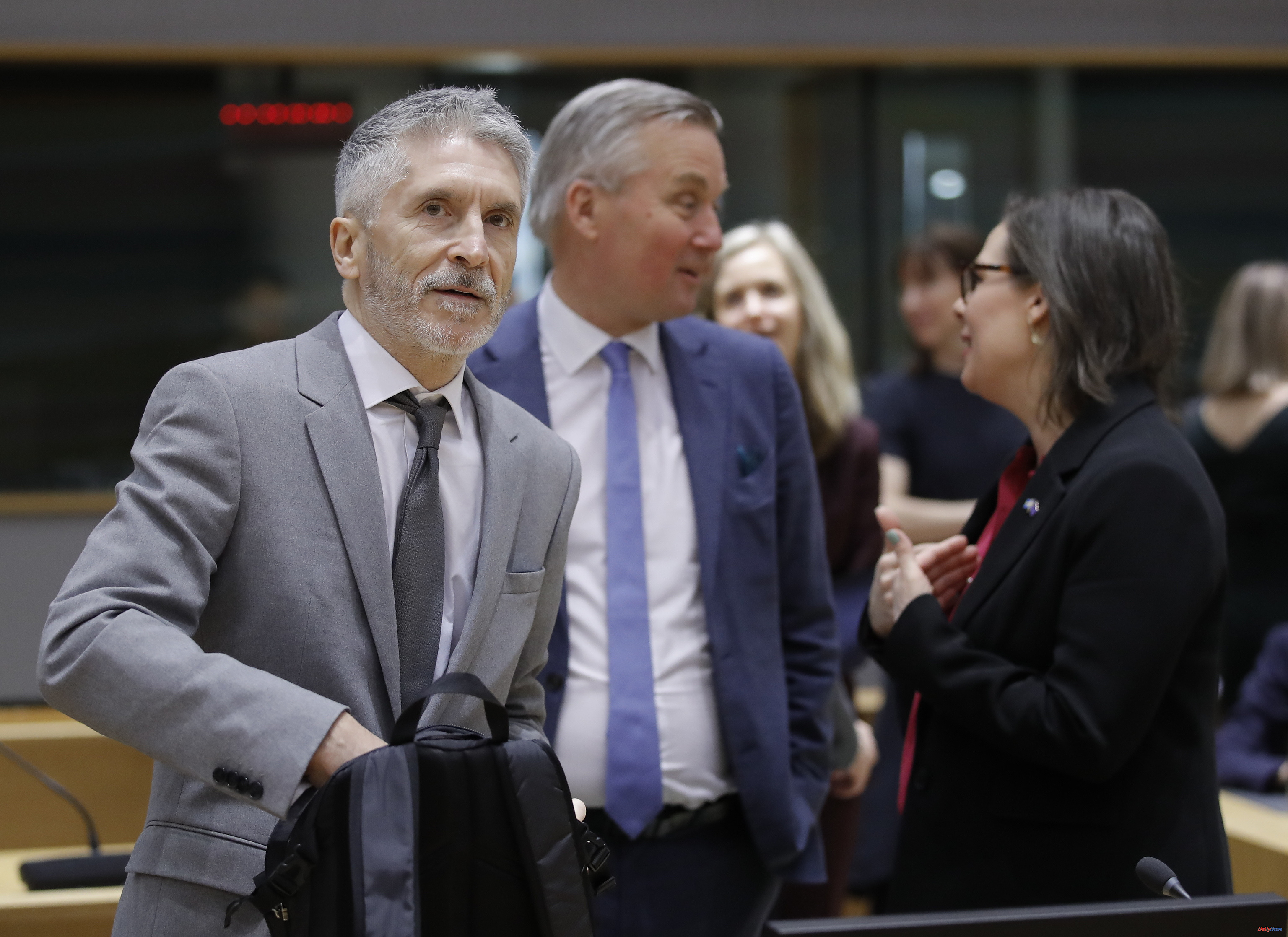The Minister of the Interior, Fernando Grande-Marlaska, plans to speak on March 22 in the European Parliament's Committee on Civil Liberties to talk about the tragedy last June in Nador (Morocco), where 23 immigrants died trying to cross the fence from Melilla.
"It is not an appearance, it is an exchange of views, of issues and the date has already been set, it will be March 22," Grande-Marlaska said in statements to the press upon arrival at a Council of European Interior Ministers.
That European Parliament commission, which manages matters related to migration, agreed to request Marlaska's appearance on July 14, 2022 at the request of the Anticapitalistas MEP Miguel Urbán, but the Spanish Interior Minister declined to attend on several occasions, also to invitations by letter.
This Thursday, the minister recalled that he had promised to go to the European Parliament once the investigation by the Spanish Prosecutor's Office was completed, after the formal invitation from the Civil Liberties Commission.
"The most opportune thing from all points of view was for this exchange to take place once the Prosecutor's Office had concluded these investigations," said the minister.
The BBC published a report last November on what happened on the border between Melilla and Nador (Morocco) in which the British channel assured that the Spanish Police saw and did not prevent dozens of migrants from dying on the border perimeter.
However, last December the Prosecutor's Office decided to archive the investigation into the deaths of migrants in June at the Melilla border, exonerating the Interior, the Civil Guard and the agents who were on the ground that day from any responsibility.
According to the criteria of The Trust Project












